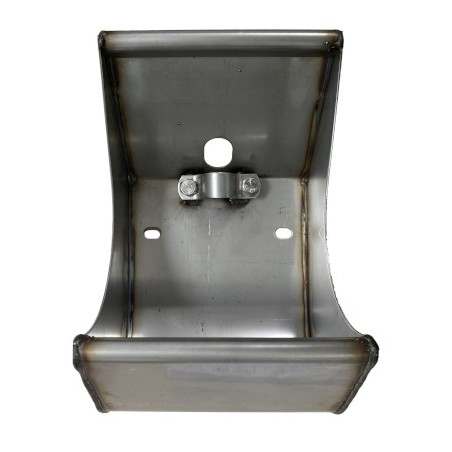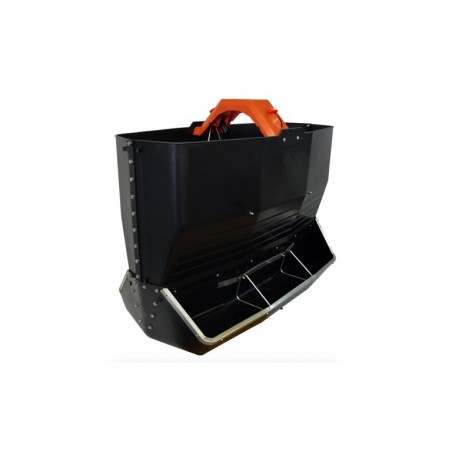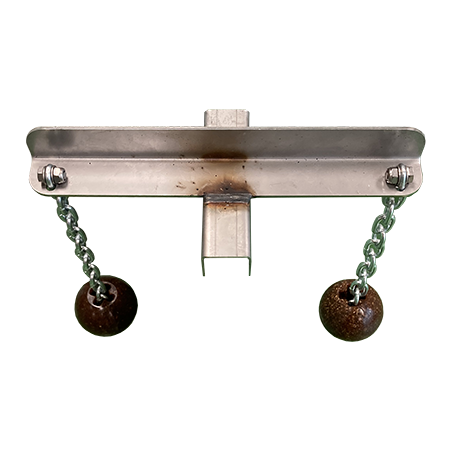Dietary chromium (Cr) has been shown to stimulate feed intake and improve growth, carcass characteristics, and reproductive performance in a variety of species. It was hypothesized that dietary Cr would increase productivity during heat stress (HS) and therefore, the aim of the present study was to evaluate the effects of supplemental Cr propionate on growth performance, metabolism, and health biomarkers in heat-stressed and nutrient-restricted finishing pigs. For that purpose, a total of 96 crossbred barrows (105 ± 1 kg BW) were randomly assigned to one of six dietary-environmental treatments: (i) thermoneutral (TN) and fed ad libitum a control diet (TNCtl), (ii) TN and fed ad libitum a Cr supplemented diet (TNCr), (iii) TN and pair-fed a control diet (PFCtl), (iv) TN and pair-fed a Cr supplemented diet (PFCr), (v) heat stress (HS) and ad libitum fed a control diet (HSCtl), or (vi) HS and ad libitum fed a Cr supplemented diet (HSCr). The study consisted of three experimental periods. During P0 (5 d), all pigs were housed in TN conditions and fed the control diet. During P1 (5 d), pigs were fed their respective dietary treatments and kept in TN conditions. During P2 (35 d), HSCtl and HSCr-treated pigs were exposed to progressive cyclical HS conditions (27 to 31°C, 50 ± 0.3% RH), while TNCtl, TNCr, PFCtl, and PFCr pigs remained in TN conditions.
As a result, HS pigs showed higher rectal temperature, skin temperature, and respiration rates than TN pigs. Overall, HS decreased ADFI and ADG (20 and 21%, respectively) compared with TN controls. Final BW tended to be increased in HSCr compared with HSCtl pigs. Similarly, ADG tended to be increased during P2 in HSCr relative to HSCtl-treatment. There were no effects of Cr on most production parameters, but ADFI tended to be increased in Cr relative to Ctl-fed pigs. Cr supplementation had no effects on circulating glucose, insulin, NEFA, cholesterol, triglycerides, or lipopolysaccharide binding protein. However, blood neutrophils were greater in HSCr than in HSCtl pigs.

In conclusion, these results suggest that chromium propionate supplementation may benefit growth performance during heat stress.
Mayorga, E. J., Kvidera, S. K., Seibert, J. T., Horst, E. A., Abuajamieh, M., Al-Qaisi, M., Lei, S., Ross, J. W., Johnson, C. D., Kremer, B., Ochoa, L., Rhoads, R. P., and Baumgard, L. H. (2018). Effects of dietary chromium propionate on growth performance, metabolism, and immune biomarkers in heat-stressed finishing pigs. Journal of animal science, 97(3), 1185-1197. https://doi.org/10.1093/jas/sky484






